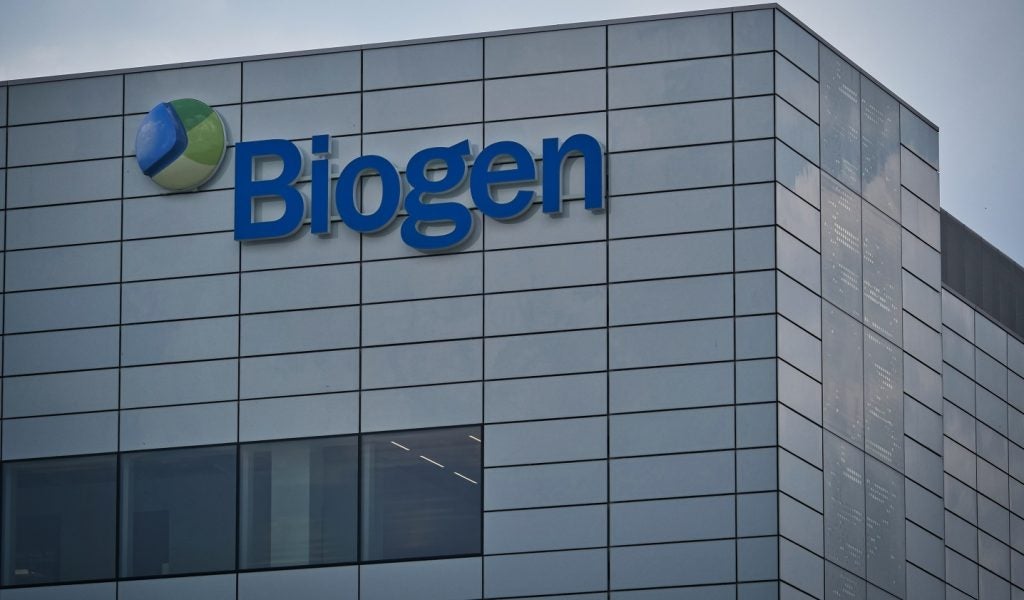Zilovertamab vedotin is a monoclonal antibody conjugated commercialized by Merck, with a leading Phase III program in Diffuse Large B-Cell Lymphoma. According to Globaldata, it is involved in 10 clinical trials, of which 2 were completed, 7 are ongoing, and 1 is planned. GlobalData uses proprietary data and analytics to provide a complete picture of Zilovertamab vedotin’s valuation in its risk-adjusted NPV model (rNPV). Buy the model here.
The revenue for Zilovertamab vedotin is expected to reach an annual total of $37 mn by 2039 in the US based off GlobalData’s Expiry Model. The drug’s revenue forecasts along with estimated costs are used to measure the value of an investment opportunity in that drug, otherwise known as net present value (NPV). Applying the drug’s phase transition success rate to remaining R&D costs and likelihood of approval (LoA) to sales related costs provides a risk-adjusted NPV model (rNPV). The rNPV model is a more conservative valuation measure that accounts for the risk of a drug in clinical development failing to progress.
Zilovertamab vedotin Overview
See Also:
Merck Overview
Merck is a biopharmaceutical company focused on the discovery, development, manufacturing and marketing of prescription medicines, biologic therapies, vaccines, and animal health products. It offers prescription products for therapy areas related to cardiovascular, cancer, immune disorders, infectious, respiratory, and diabetes. The company provides animal health products such as vaccines, poultry products, livestock products and aquaculture products. Merck sells medicines to drug wholesalers, retailers, hospitals, government agencies and managed health care providers; and animal health products to veterinarians, distributors and animal producers. The company and its subsidiaries operate in the Americas, Europe, the Middle East, Africa, Asia Pacific, and Latin America. Merck is known as MSD outside the US and Canada and is headquartered in Kenilworth, New Jersey, the US.
For a complete picture of Zilovertamab vedotin’s valuation, buy the drug’s risk-adjusted NPV model (rNPV) here.
Premium Insights
From

The gold standard of business intelligence.
Blending expert knowledge with cutting-edge technology, GlobalData’s unrivalled proprietary data will enable you to decode what’s happening in your market. You can make better informed decisions and gain a future-proof advantage over your competitors.






